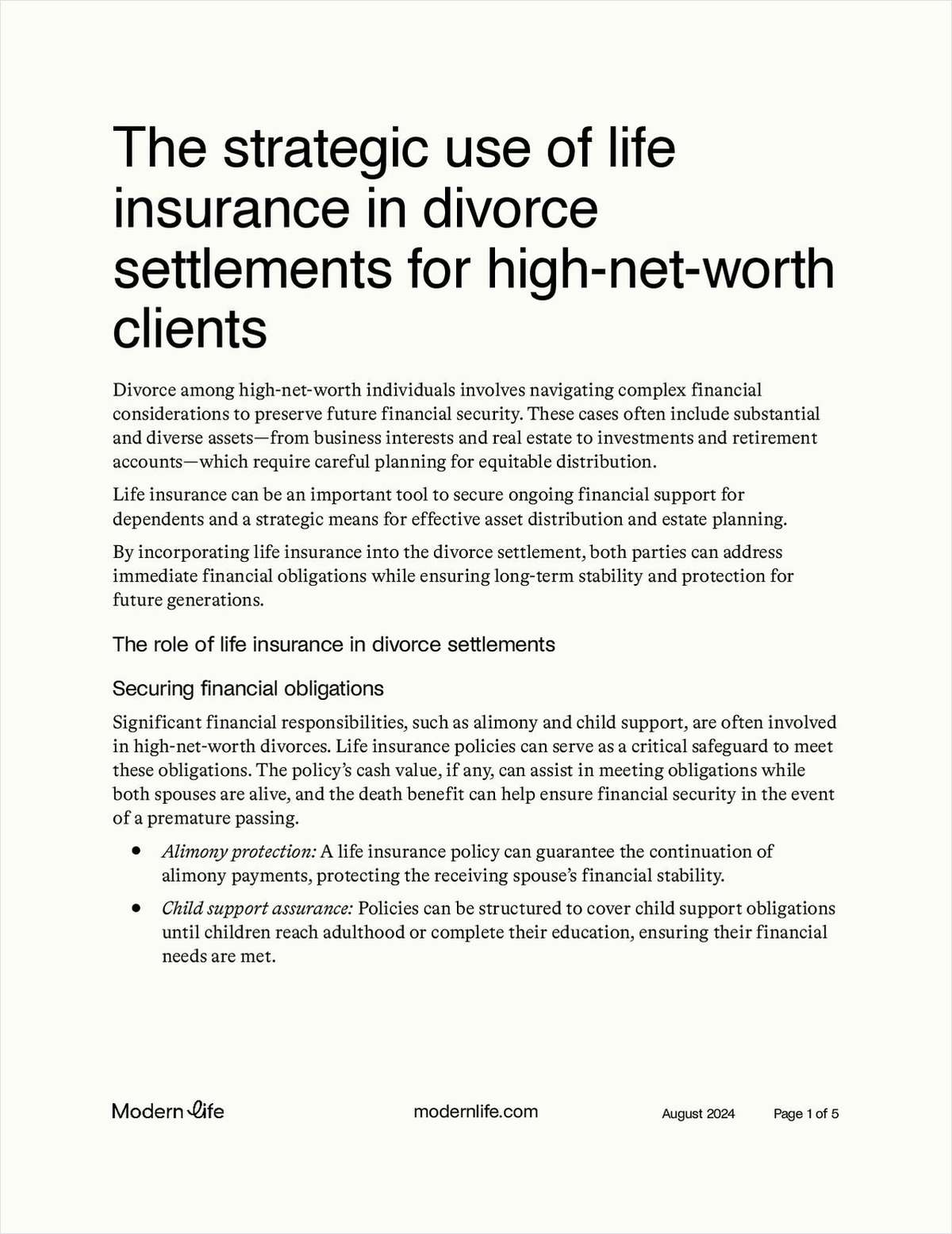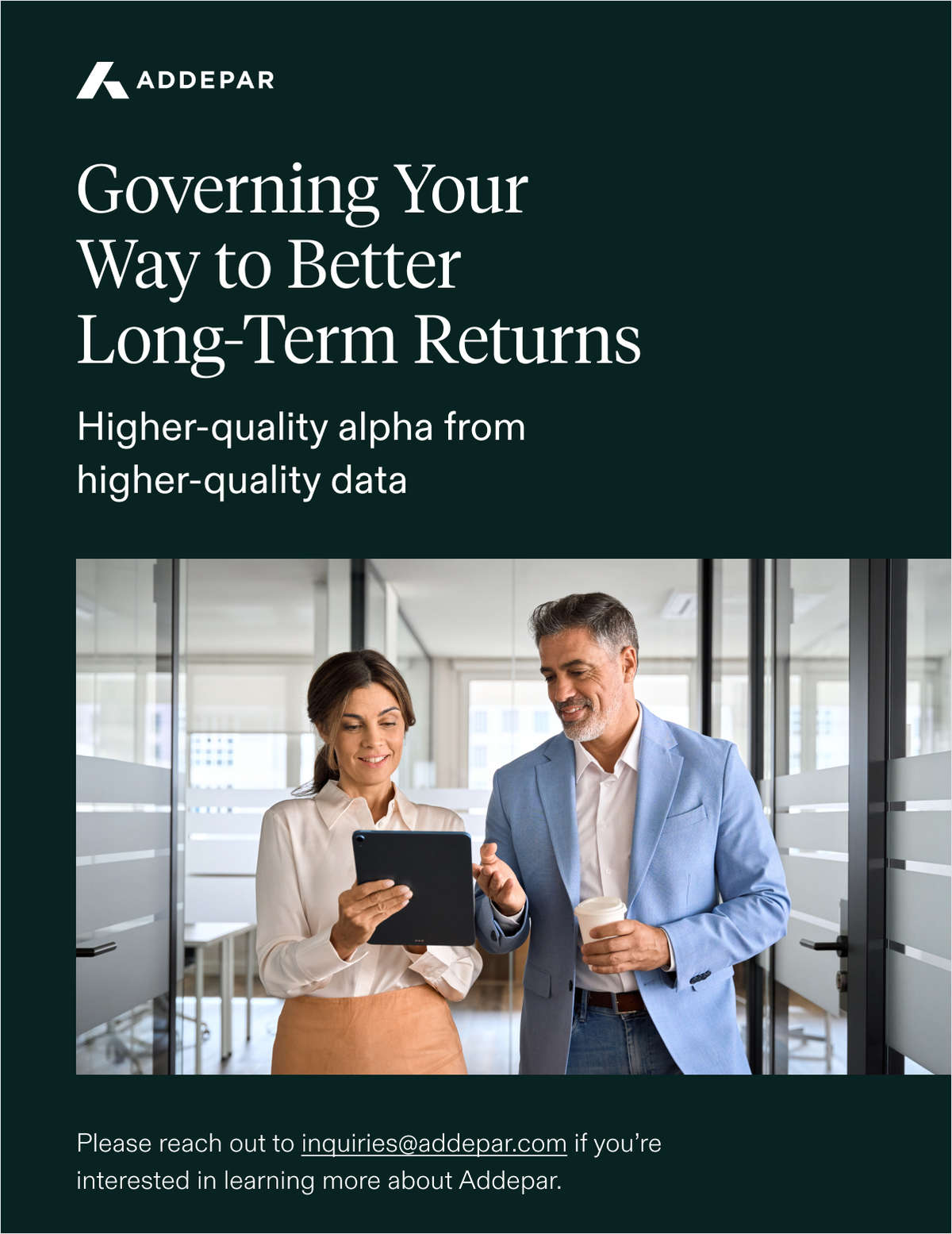Brian McMahon, longtime president and chief investment officer at Thornburg Investment Management (TIM), added the CEO mantle to his responsibilities on January 1, succeeding Garrett Thornburg, who founded TIM in 1982 and who will continue as chairman. McMahan joined TIM in 1984, and has been president since 1997. He co-manages Thornburg Global Opportunities Fund and Thornburg Investment Income Builder Fund.
McMahan asserts that his daily life won't be very different now that he is CEO but he did have lots to say about the challenges that lie ahead for professional investors, adding that for investors who remember 2002 as "a very, very interesting time," and the expression "buy low and sell high," these can be intriguing, albeit challenging, times, indeed. Senior Editor Kate McBride caught up by telephone with McMahon in his Santa Fe office in early January.
You're taking the helm at a very dynamic time in the markets. What's the biggest challenge as far as that goes? It's always performance-delivering good investment performance for our clients. That doesn't change. It's always been that way and it probably always will be that way.
Have the credit crunch and housing crisis affected what you do day-to-day for the portfolio? I think it's different for different portfolios, so we could look at the bond funds and at the stock funds. Certainly, in the stock funds, the fact that a lot of financials are taking losses or recognizing losses and writing off equity, diminishing earnings, and in some cases issuing very dilutive, new equity–that's quite harmful to current equity holders. We're trying not to be in the way of too much of that.



